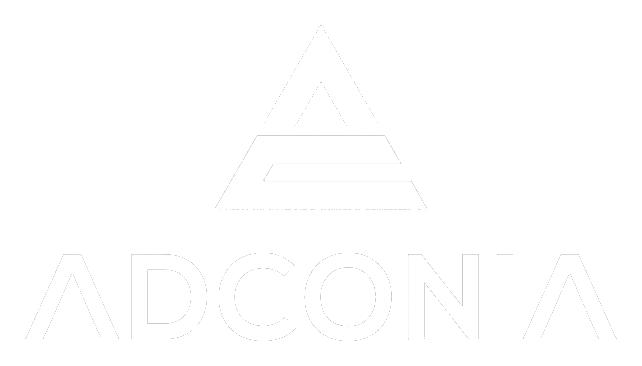

Jessica Murawski
What will change in 2022?
2021 continued to be marked by the Corona pandemic and once again we ended the year in an uncertain time and with hope for a sustainable improvement of the situation in the new year.
Besides hopes, however, there are also things that are fixed and can be prepared for. As in previous years, we would like to take this opportunity to inform you about innovations that the year 2022 will bring with it and that may have effects on your work in purchasing and supply chain.
The EEG levy is falling
The EEG levy is reduced from 6.5 cents per kilowatt hour to 3.723 cents per kilowatt hour on 1 January 2022 – the lowest value in 10 years. In general, the new coalition plans to abolish the EEG levy by 2023. It remains to be seen whether electricity prices will fall due to the lower EEG levy. These had recently risen sharply.
But fuel prices are on a moderate rise
At the beginning of the new year, the next stage of the CO2 levy under the Fuel Emissions Trading Act comes into force. The price per ton will rise from 25 to 30 euros. This increase will have an impact on fuel prices, but to a lesser extent than at the last turn of the year. The ADAC expects an increase of about 1.5 cents per liter for diesel and petrol. An increase to 55 euros per ton CO2 is planned by 2025.
The minimum wage is rising
In 2022, the statutory minimum wage rises from the level of 9.60 euros to 9.82 euros per hour. As of July – according to the current plan – it will be raised again to 10.45 euros. However, it is still uncertain when the increase to 12 euros envisaged in the coalition agreement will be implemented, even though Labor Minister Hubertus Heil recently put pressure for a soon implementation.
Increases in minimum wage rates are also planned in individual sectors: Unskilled roofers now receive at least 13 euros an hour, and journeymen 14.50 euros. In the electrical trade, an increase to 12.90 euros is planned from January 2022. The minimum wage in the building cleaning sector will rise from 11.11 euros an hour to 11.55 euros, and the minimum wage for stonemasons and stone sculptors will go up to 13.35 euros from August. For scaffolders, the minimum wage is planned to rise to 12.85 euros from October 2022. Nurses and temporary workers can also look forward to increasing wages.
New award limits come into force
At the turn of the year, new, slightly higher EU thresholds will apply in public procurement law, which will come into force for all award procedures initiated from 2022 onwards. Their validity is limited until 31.12.2023. They are (net without VAT):
- Construction contracts (all areas): 5,382,000 euros instead of 5,350,000 euros previously
- Concessions (all areas): 5,382,000 euros instead of 5,350,000 euros previously
- Supply and service contracts central government authorities: 140,000 euros instead of 139,000 euros previously
- Supply and service contracts for other contracting authorities: 215,000 euros instead of 214,000 euros previously
- Supply and service contracts in the sector and in the area of defense and security: 431,000 euros instead of 428,000 euros previously
Innovation premium to promote e-mobility remains in place
In the context of the Corona pandemic, the then coalition committee had implemented the introduction of the so-called innovation premium in June 2020, which doubles the federal share of the environmental bonus for the purchase of electric vehicles or plug-in hybrids. Originally, this bonus was limited to 31 December 2021. In mid-December 2021, the Federal Ministry for Economic Affairs and Climate Protection (BMWi) confirmed in an official press release the extension of the innovation premium in unchanged form until the end of 2022. From 2023 onwards, a new orientation of the premium with stricter rules, especially for hybrid vehicles, is planned.
Deutsche Post and DHL receive more money
In view of rising wages and costs, Deutsche Post increases its postage prices on 1 January 2022. The cost of sending standard, compact, large and maxi letters will increase by 5 cents each. Costs will also rise for book and merchandise shipments as well as registered mail.
DHL has also announced an increase in the cost of sending parcels.
Preparations for the implementation of the Supply Chain Act are underway
Finally, we take this opportunity to remind you of a change that you will all be aware of by now and which also only indirectly affects the new year: As reported, the Act on Corporate Due Diligence in Supply Chains (in short: „Supply Chain Act“) was passed in the last year, which will come into force from 2023 for companies with 3,000 or more employees and from 2024 for companies with 1,000 or more employees. Although companies still have at least 12 months to comply, it is nevertheless important to set the course for the implementation of the law now.
With this in mind, we wish you a good and successful year 2022. Stay healthy!



